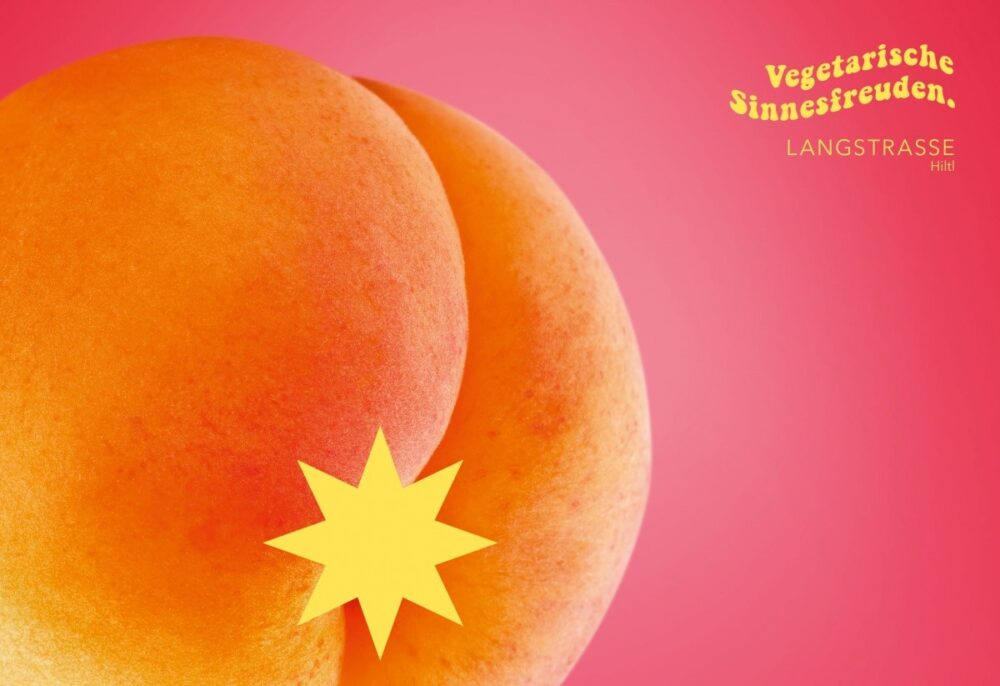Check with the historian
The NZZ board of directors wants a new editor-in-chief. The Christian national conservative Markus Somm declined. Asking him was already an act of unreason. By Hans Stutz
Christmas is so close' and that's why we're giving the NZZ a gift for once and claiming that it is the intellectual flagship of the Swiss-German bourgeoisie and thus of Switzerland. But will this remain so after the ousting of the previous editor-in-chief Markus Spillmann, also head of journalism? After all, the NZZ Board of Directors has done quite a bit in recent weeks to minimize the paper's journalistic reputation.
The disputes over Spillmann's successor reflect the disagreement over the direction of Swiss domestic politics and its disconnection from the internationally oriented economic world. This is not the first time.
But let's take things one step at a time. Weltwoche publisher Roger Köppel opened the national conservative wish list: The new editor-in-chief must reconcile the bourgeois camp, defuse the neurotic trench warfare. And "bring the SVP and FDP onto a more or less common line against the left". Weeks ago, another Blocher apologist had already called for something similar. At stake is "the future of civic Switzerland," wrote BaZ head and FDP member Markus Somm on All Saints' Day: If the FDP and SVP did not find each other, we would be facing "very difficult times." The two parties would therefore have to enter into list combinations and, after the 2015 elections, be in a position "to determine the composition of the Federal Council by means of their own majority in parliament." Somm can only make this demand because he downplays the differences between the two parties on foreign policy. Specifically: How does Switzerland develop its relationship with international organizations, from the UN to the EU to the European Court of Human Rights? And thus also with international law, not only with mandatory law.
The two right-wing bourgeois editors-in-chief as well as their political foster father are still fighting against the paradigm shift in federal politics. Until the mid-1980s, the motto of all right-wing parties and the national government was "special case" (international trade YES, political integration into international organizations NO), but now the slogan is that Switzerland is a special case like other countries. This means that it is economically integrated into the global economy (especially in the financial and raw materials sectors) and is also politically active in international organizations. This policy is well supported democratically. The national conservatives have lost many referendums on foreign policy in recent decades (UN accession, bilateral treaties, etc.). The fight for EU accession is the last remaining contest. This accession is just as inevitable as the case of freedom from tax evasion. We remember Federal Councillor Rudolf Merz: "You will cut your teeth on banking secrecy".
Bourgeois Switzerland can no longer do otherwise. Since the collapse of "real existing socialism" and since the almost worldwide implementation of neoliberal economic ideas and the corresponding dismantling of national obstacles, the Swiss economic world is also no longer oriented toward national disputes. Even SVP tribune Christoph Blocher has noticed that people read "the NZZ today primarily because of the business section and possibly the foreign section, no longer because of the political reporting. The NZZ board of directors endangered this strong journalistic pillar by flirting with an isolationist like Markus Somm. It was the NZZ correspondents who first warned the board of directors of the "end of the culture of a liberal and cosmopolitan NZZ.
The cost to bourgeois Switzerland of evading international debates with nationalist rabble-rousing has been precisely described by historian Thomas Maissen - once also an NZZ editor - in his book "Verweigerte Erinnerung. Dormant Assets and the Swiss World War Debate 1989-2004" precisely described. He ends: "In order to be competitive worldwide and to be perceived at all, however, the necessary interpretative alternatives must be anchored supra- and transnationally, and that means in the Swiss context: European."
Hans Stutz lives in Lucerne. He is a journalist and cantonal councilor for the Green Party.








